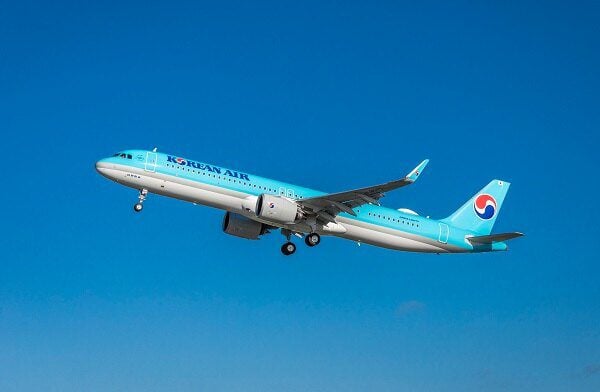
221130 5
Korean Air enters 2023 with the approval of its takeover of Asiana Airlines by the Chinese ministry of commerce. This is an important step in completing the acquisition plan, although approval from some key countries is still pending. China approves Korean Air/Asiana combination.
Korean Air has been working on the acquisition of its compatriot Asiana since November 2020, when the airline and Hanjin Kal announced they wanted to pay KRW 1.8 trillion for Asiana. The plan sees Korean take a 63.9 percent share in Asiana, which will be fully integrated into the South Korean national carrier. The acquisition was motivated by stating that Korea’s airline industry needed to be stabilized: “Given the crisis, the airline industry is currently facing, it is unavoidable to restructure the entire market, including Korean Air, Asiana Airlines, the low-cost carriers such as Jin Air, and relevant industries.”
The integration was due this year but is taken more time as the business combination needs approval from various countries and regulators. Turkey, Taiwan, and Vietnam granted mandatory approval in 2021, followed by South Korea in February, and now by China this month. But mandatory approval from the US, European Union, and Japan is still pending. Arbitrary approval has been granted by Malaysia in 2021 and by Singapore and Australia this year. The UK is in principle supporting the plan but its decision is now in a consultation round before final approval. The Philippines stated in May 2021 that no approval is necessary.
The approval by the Chinese ministry of commerce (MOFCOM) follows a number of remedies that were proposed by Korean Air. The ministry raised competition concerns, which advised that Korean Air would surrender slots on routes between Seoul and Beijing, Shanghai, Changsha, and Tianjin. The Korean Fair Trade Commission requested remedies on five more routes between Seoul and Zhangjiajie, X’ian, Shenzhen, Busan-Qingdao, and Beijing. New entrants can apply for slots on these combined nine routes.
At the end of September, Korean operated a fleet of 132 aircraft, while Asiana has 71 in service. Since then, Korean introduced the first Airbus A321neo, with another 29 to follow through 2027. The Airspace cabin comes with 182 seats, including eight in Prestige Class. Korean intends to operate the A321neo’s on short-haul routes to China, Japan, and Southeast Asia.
Views: 2



